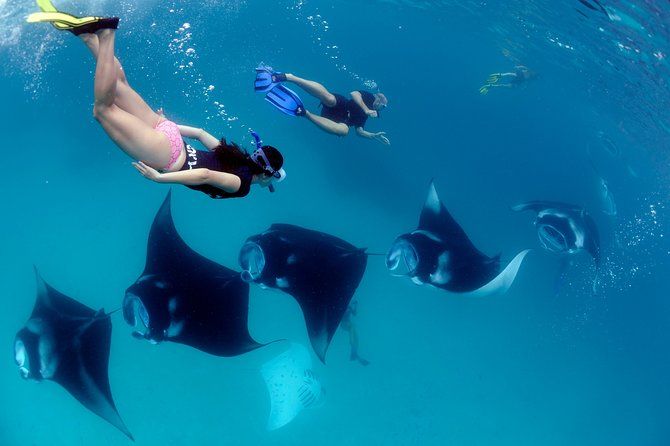The tourism and travel sector has been the most affected by the Covid-19 crisis to date, given that restrictions on mobility and border closures interrupted the outflows of tourists abroad (mode 2), exposed the World Trade Organization (WTO).
This impact started in Greater China, quickly spread to the rest of Asia Pacific and European markets, and spread globally in March 2020.
As the pandemic accelerated around the world, the system-wide comparable constant dollar RevPAR globally decreased dramatically.
RevPAR is the most important meter used in the hotel industry to assess the financial performance of an establishment or a chain. It is an abbreviation of English Revenue Per Available Room.
Tourism
As a result, revenue from fees and revenues at tourism sector businesses declined significantly during the first three quarters of 2020, and year-on-year declines are expected to continue through the remainder of 2020. Previous business levels are also expected not to return. until at least after 2021.
On September 15, the World Tourism Organization (UNWTO) announced that international tourist arrivals had fallen by 65% in the first half of 2020 and by 93% in June alone, compared to 2019 levels. .
According to UNWTO, as a result of this situation, 440 million international arrivals and approximately $ 460 billion in export earnings from international tourism were lost.
The Asia-Pacific and European regions were the worst hit in the first half of 2020, with declines in international tourist arrivals by 72 and 66%, respectively.
The decline of the sector has serious economic consequences, given its overall economic importance for many countries and regions.
According to the World Travel and Tourism Council, in 2019, the direct, indirect and induced effects of the sector contributed $ 8.9 trillion to global GDP (10.3%) and 330 million jobs (1 in 10).
![]()

